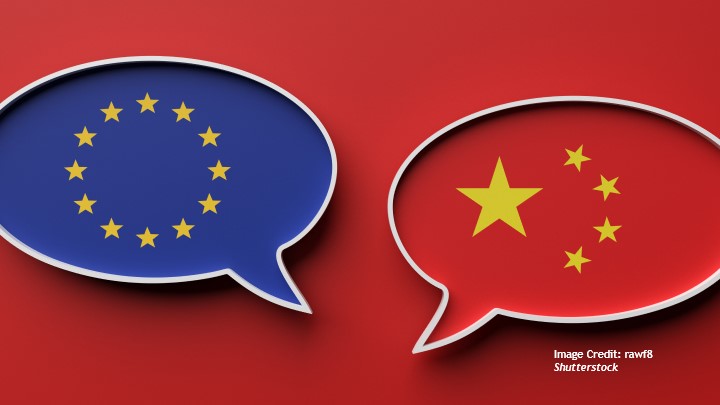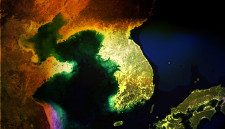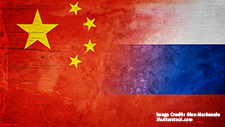The EU and PRC Exchange Sanctions

Julian Tucker
Abstract
For the first time since the crackdown on pro-democracy demonstrators in Beijing in 1989, the European Union has decided to impose significant restrictive measures on Chinese officials. The Chinese government has reacted angrily, rejecting allegations of abuses as “lies and slander” and publishing a list of European officials, institutions, and scholars slated for sanctions of its own. This latest blow to Sino-European relations comes at a complicated time. Calls to take a stronger stance on the Chinese Communist Party’s (CCP) authoritarian tendencies have been mounting, even as geo-political rivalry between the United States and China is intensifying. A long-anticipated investment deal between China and the EU, the creatively named Comprehensive Agreement on Investment (CAI), that was agreed to in principle at the end of last year may now unravel as tension grows. While some may have been surprised by the vehemence with which Beijing reacted to the sanctions, the episode exposes some of the underlying strain in Sino-European relations.
Related Publications
-
China as a Black Sea Actor: An Alternate Route
China’s international role has expanded rapidly in the last decades, and the Greater Central Asian region, Europe, and the Middle East, to which the Black Sea region (BSR) connects, are […]
-
China as a Mediator in North Korea: Facilitating Dialogues or Mediating Conflicts?
China has arguably emerged as a major power militarily, politically, and economically, extending its influence globally and within its immediate region. This influence has been increasingly asserted, as seen in […]
-
The Political Split at the Heart of Taiwan’s Struggle against Foreign Disinformation
Taiwan’s struggle against foreign disinformation and concerns about China’s impact on its 2024 election has received much international attention recently. This issue brief examines the domestic and international politics behind […]
-
ISDP Annual Report 2023
ISDP’s Annual Report for the year 2023. We look back on 2023, a year in which tensions and conflicts captured the strategic space in ISDP’s focus areas, making headlines around […]
-
Sino-Russian Relations, From Where – To Where
Since 1949, relations between the Soviet Union/Russia and China have been oscillating between formal military alliances and military border clashes. In the early phases, the cooperation was beneficial for both […]




